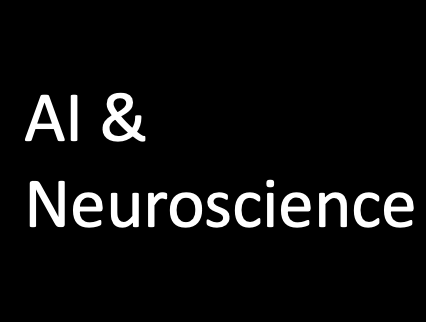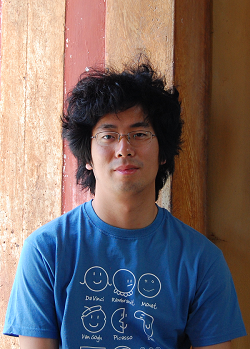Meng Lu is an Assistant Professor at the Advanced Institute for Clinical Medicine, Peking University, established the AI and Neurostructure lab. He has been engaged in interdisciplinary research involving super-resolution imaging, image analysis, and the mechanisms of degenerative diseases since his PhD. Key work from Meng includes the following research:
Development of AI models: Constructed an AI-based video image analysis tool, ERnet (Nature Methods, 2023), solving the challenge of accurate identification and quantitative analysis of endoplasmic reticulum structures, enabling precise measurement of morphological changes under different conditions.
Application of Image Recognition and Analysis Technologies: Using the developed image recognition and analysis technology, combined with advanced molecular tools and disease cell models, revealed the causal regulatory mechanism of lysosomes on the morphology and intracellular distribution of the endoplasmic reticulum, elucidating the critical role of lysosomes in repairing neuronal fractured endoplasmic reticulum (Science Advances, 2020, sole first author; Neurobiology of Disease, 2021).
Establishment of 3D Visualization Analysis Technology: Clarified the super-resolution structural characteristics and changes of protein aggregates in degenerative disease models (Journal of Biological Chemistry, 2019a & b, one selected as Editor's Pick, cover article, and JBC Annual Representative Article of Molecular Biophysics; Physical Biology, 2020), providing new insights for studying the role of organelle interactions in neuron growth and degenerative diseases.
Research and Educational Background
2024-present: Assistant Professor, Peking University
2022-2023: Senior Research Associate, University of Cambridge
2016-2022: Research Associate, University of Cambridge
2011-2015: Ph.D., University of Cambridge
2009-2011: Bachelor, University of Edinburgh
2007-2009: Bachelor, South China University of Technology
Laboratory Research Directions - AI for Science
1. Multimodal biological models
2. Structure and dynamics of neuronal networks
3. Application of computer vision technology in biomedicine, especially in neurodegenerative diseases
卢萌,北京大学临床医学高等研究院助理教授、研究员、独立PI, 建立神经结构与智能成像实验室,从事超分辨成像、人工智能图像分析与退行性疾病机制的交叉研究多年,在基于人工智能技术的生物图像分析领域取得了一系列成果,近五年发表相关论文16篇,其中唯一一作论文6篇:(1)在新技术研发上,构建了基于人工智能的视频图像分析工具ERnet(Nature Methods, 2023, 唯一一作),解决了内质网结构精确识别和定量分析的难题,能够对内质网在不同条件下的结构形态变化进行准确测量;(2)应用以上研发的图像识别与分析技术,结合先进分子工具和疾病细胞模型,揭示了溶酶体对内质网形态和胞内分布的因果性调控机制,阐明了溶酶体在修复神经元断裂内质网中的关键作用(Science Advances,2020,唯一一作;Neurobiology of Disease,2021,唯一一作);(3)建立三维可视化分析技术,阐明了退行性疾病模型中蛋白质团聚体的超分辨结构特征和变化过程(Journal of Biological Chemistry,2019a&b,唯一一作两篇,其一被选为编辑推荐、封面文章和年度代表文章;Physical Biology,2020,唯一一作),为研究细胞器互作在神经元生长和退行性疾病中的作用机制提供了新的研究方向和基础。
卢萌博士现担任多个知名期刊与海外基金评审人,与剑桥大学、伦敦大学学院(UCL)、巴黎高等师范学院和法兰西学院等国际一流学术机构有持续广泛的合作,本研究组会依据课题需要,不定期派遣学生和博士后赴合作院校进行联合培养或交流访问。
科研与教育经历:
2011-2015:剑桥大学 博士
2016-2022:剑桥大学 副研究员(Research Associate)
2022-2023: 剑桥大学 高级副研究员(Senior Research Associate)
2024至今:北京大学 助理教授/研究员
实验室研究方向 AI for Science:
1) 多模态生物模型,
2) 神经元网络的结构和动力学,
3) 计算机视觉技术在生物医学,尤其是神经退行性病中的应用

